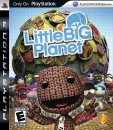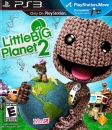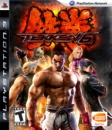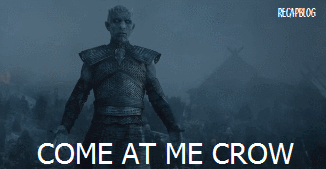You may remember a few years ago when Nintendo's president, Satoru Iwata, spoke at GDC about the value inherent in the games created by this industry: "[W]hat we produce has value, and we should protect that value." Today during their third quarter earnings call with investors, GameStop President Tony Bartel echoed this sentiment.
After citing several figures regarding digital sales, including their internal estimate that "over $100 million worth of games have been digitally delivered for free in hardware bundles" so far in 2014, Bartel said that once the giveaways end that "the industry will need to work together to continue to price goods in a way that sustains profitability and encourages a great innovation that this category needs".
Nintendo and GameStop are natural partners in this regard, as they have traditionally focused on selling as many physical games as possible. Nintendo tightly controls production of games for its platforms, acting as the gatekeeper for companies that want to publish on cartridge for its Nintendo 3DS and 2DS systems. It also must approve of (and presumably help in production of) all the discs produced for the Nintendo Wii U. The more of these media they sell, the better their bottom line. That kind of phsyical product stream fits right in with GameStop's retail business.
Bartel's comment looks to me like a jab at Microsoft and Sony, asking them to lay off the giveaways once the new hardware platforms are suitably established and the new market is humming along. But, as Sony has made clear with its PlayStation Plus program, that's not likely to happen. Every PS4 owner who wants to play games online will need to purchase a PlayStation Plus membership -- and then each of those players will have free games available to download each month.
Unfortunately, Nintendo's fortunes are at a low point right now. Their 3DS business is doing well, but truly not as well as the company had hoped. And while the Wii U has had a better year in 2014 than in 2013, that's a fairly low bar for success. So GameStop's most natural partner is also the weakest of the big three, at least for now.
What I can't deny about the statements made by Bartel and Iwata is that profitability will likely engender innovation, and it isn't clear that gamers have price expectations in line with the structure of modern game development. Perhaps gargantuan games like Call of Duty: Advanced Warfare and Assassin's Creed: Unity can continue to be made and can continue to make money -- but I'm not yet convinced.
Consider this other tidbit that Bartel revealed. Recent research he cites shows that "the average price being paid by a customer for a full game AAA download is $22" while the price a customer expects to pay for "recently released full game digital download" is $35.
As Bartel said: "We want to help ensure that our industry does not make the same mistake as other entertainment categories by driving the perceived value of digital goods significantly below that of a physical game." I believe that's precisely what Iwata was telling us over three years ago.


























































